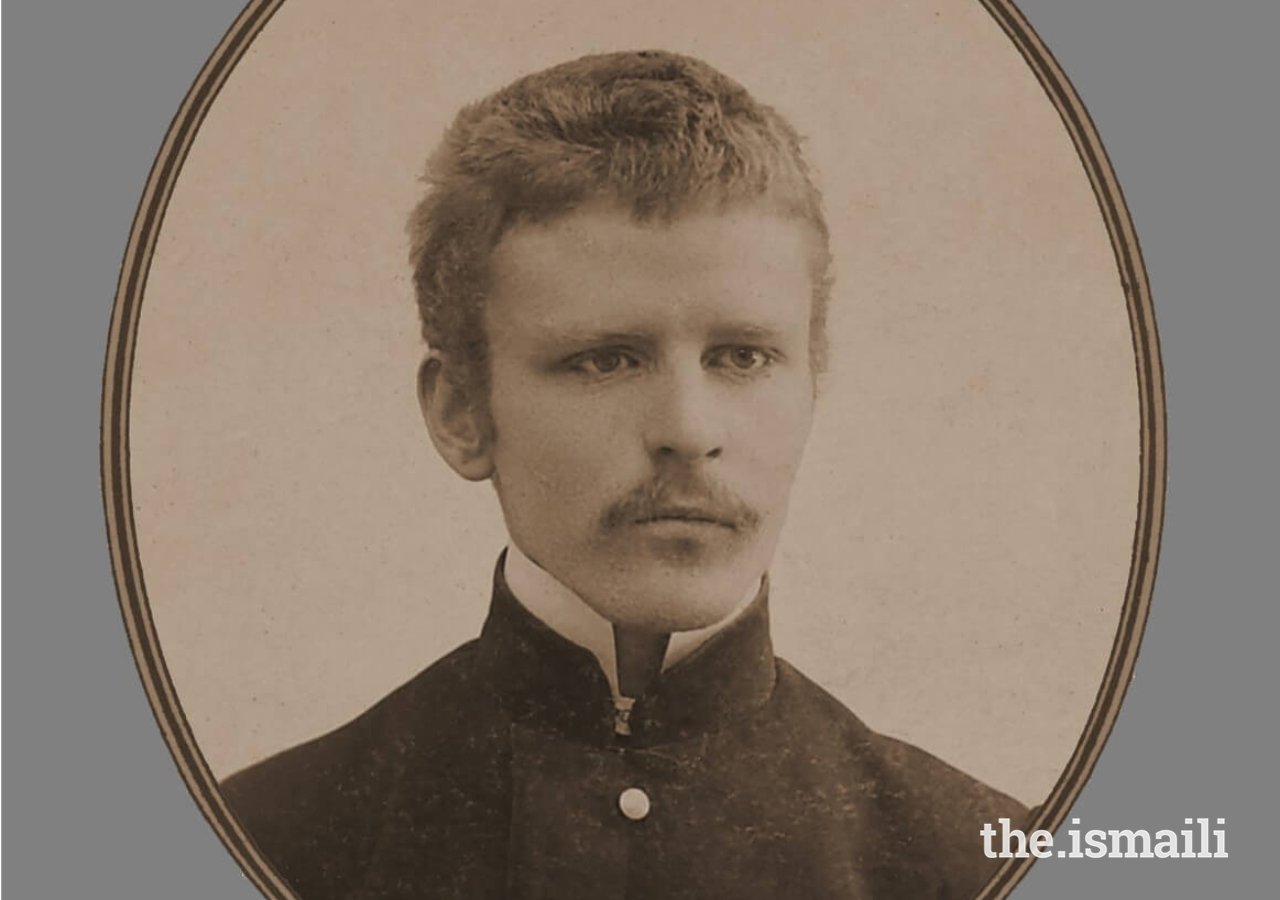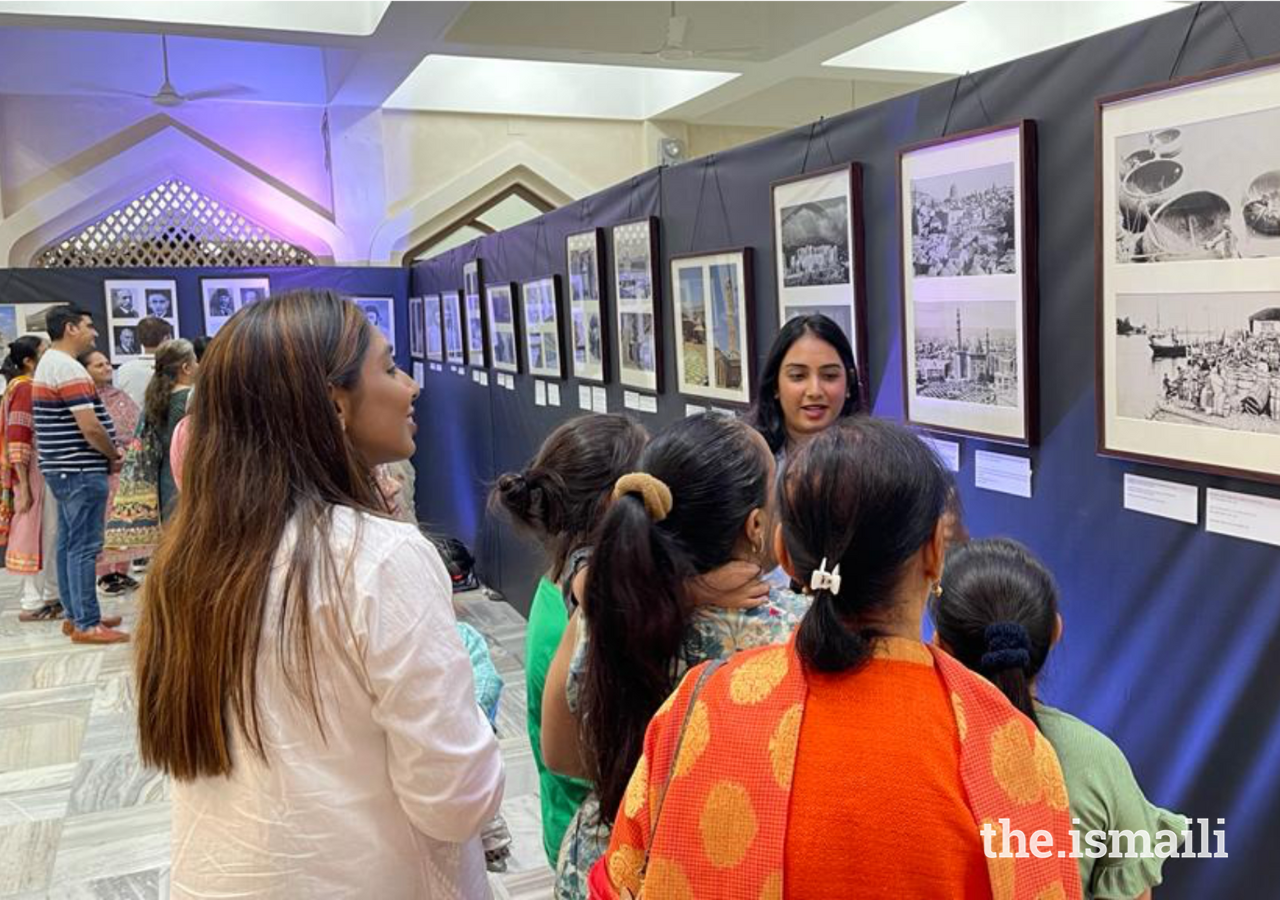Through extensive travels and meticulous archival work, Ivanow unearthed rare manuscripts, engaged with community members, and translated critical texts. His efforts elevated the academic understanding of the Ismailis and led to a greater appreciation for its rich intellectual and cultural heritage and diversity within the broader Islamic tradition.
Beyond his archival and manuscript discoveries, Ivanow played a crucial role in making Ismaili literature accessible to a wider audience. He translated numerous texts from Persian and Arabic, thus opening a window into Ismaili theology, philosophy, and history for both academic circles and the Ismaili community itself. His work was instrumental in preserving many aspects of Ismaili culture and knowledge that might otherwise have been lost.
Earlier this year, ITREB India and The Institute of Ismaili Studies (IIS) honoured his remarkable legacy with a captivating exhibition in Mumbai, drawing scholars, students, and history enthusiasts from across the region.
The exhibition was inaugurated at a special event hosted by the Jamati institutions in India. In their remarks, president Asif Porbunderwala of the Ismaili Council and chairman Asif Merchant of ITREB emphasised the importance of preserving heritage to maintain a sense of identity, foster mutual respect and understanding, and find inspiration from the past.
Hussain Jasani, Head of South Asian Studies at the IIS, provided a brief overview of Ivanow’s life, highlighting his significant experiences in Kolkata, Mumbai, and Karachi, and reinforced Ivanow’s invaluable contributions in locating and publishing critical primary sources and their translations.
Visitors to the exhibit learned about Wladimir Ivanow’s life and accomplishments. He was born in 1886 in Russia and spent a significant portion of his life travelling and working in parts of South Asia and the Middle East. Ivanow moved to India in the early 20th century and spent around 30 years in Mumbai, where he conducted much of his research on the Ismailis. During his time there, he collected rare manuscripts and spent time with the Ismaili community.
Under the patronage of Imam Sultan Mahomed Shah, he also created the Islamic Research Association and the Bombay Ismaili Society which were the precursors to the IIS. He passed away in Tehran, Iran, in 1970.
IIS graduates and ITREB staff served as guides for the exhibition. “This is a treasure and it takes me back to where our roots are,” remarked one secondary teacher.
“I wonder what we would know about Ismailis if Ivanow had not laid these grounds for us,” another facilitator said.
The inauguration in India welcomed more than 60 attendees, including national, regional, and local leaders, while the exhibition drew over 300 visitors on its first day and attracted more than 400 visitors from various parts of Greater Mumbai over the weekend, including many students.
First displayed in St Petersburg in 2019, this exhibition was also curated for the Aga Khan Centre gallery in London in 2021.
--
To learn more about the work of Wladimir Ivanow, here’s a video and book, both produced by the IIS.










